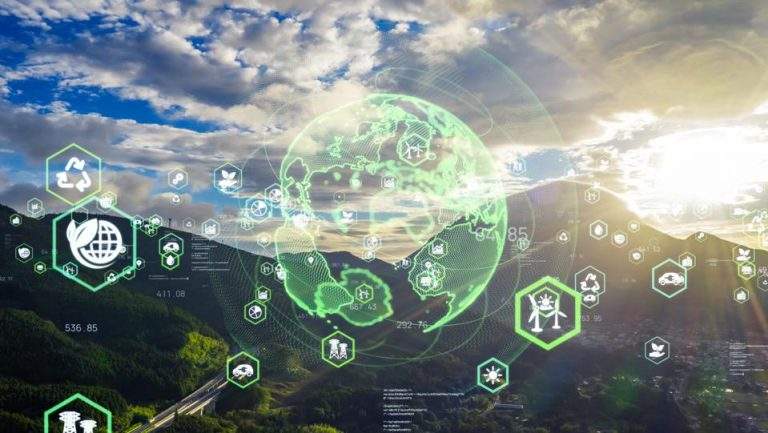Climate change is one of the most pressing issues of our time, and addressing it will require the use of cutting-edge technologies like Artificial Intelligence (AI) and Machine Learning (ML). These technologies can help us to better understand the causes of climate change, predict its effects, and develop effective strategies for addressing it.
One of the key ways in which AI is helping to tackle climate change is by providing more accurate and detailed information about the state of the planet. For example, AI-powered satellites can be used to monitor changes in vegetation, ice cover, and sea levels, providing us with a better understanding of the Earth’s climate. This information can be used to track the effects of climate change, predict future changes, and help us to develop effective strategies for addressing it.
Another way in which AI is helping to tackle climate change is by providing insights into the causes of climate change. Machine learning algorithms can be used to analyze large amounts of data from various sources, such as weather stations, satellite imagery, and social media, to identify patterns and trends that can help us to understand the underlying causes of climate change. This information can be used to develop new technologies and policies that can help to reduce greenhouse gas emissions and mitigate the effects of climate change.
AI and machine learning are also being used to support the development of renewable energy and energy-efficient technologies. For example, AI-powered systems can be used to optimize the performance of wind turbines and
solar panels, making them more efficient and cost-effective. Machine learning algorithms can also be used to predict energy demand and manage the power grid, helping to reduce the need for fossil fuels and reducing greenhouse gas emissions.
AI is also playing a role in the field of carbon capture and storage. Machine learning algorithms can be used to analyze data from carbon capture and storage systems, identifying patterns that can help to improve their efficiency and reduce costs. This can help to make carbon capture and storage a more viable solution for reducing greenhouse gas emissions from industrial processes.
In conclusion, AI and machine learning are playing an increasingly important role in tackling climate change. These technologies are providing us with more accurate and detailed information about the state of the planet, helping us to understand the causes of climate change and develop effective strategies for addressing it. From supporting renewable energy, energy-efficient technologies, carbon capture and storage, AI is helping us to reduce greenhouse gas emissions and mitigate the effects of climate change.











